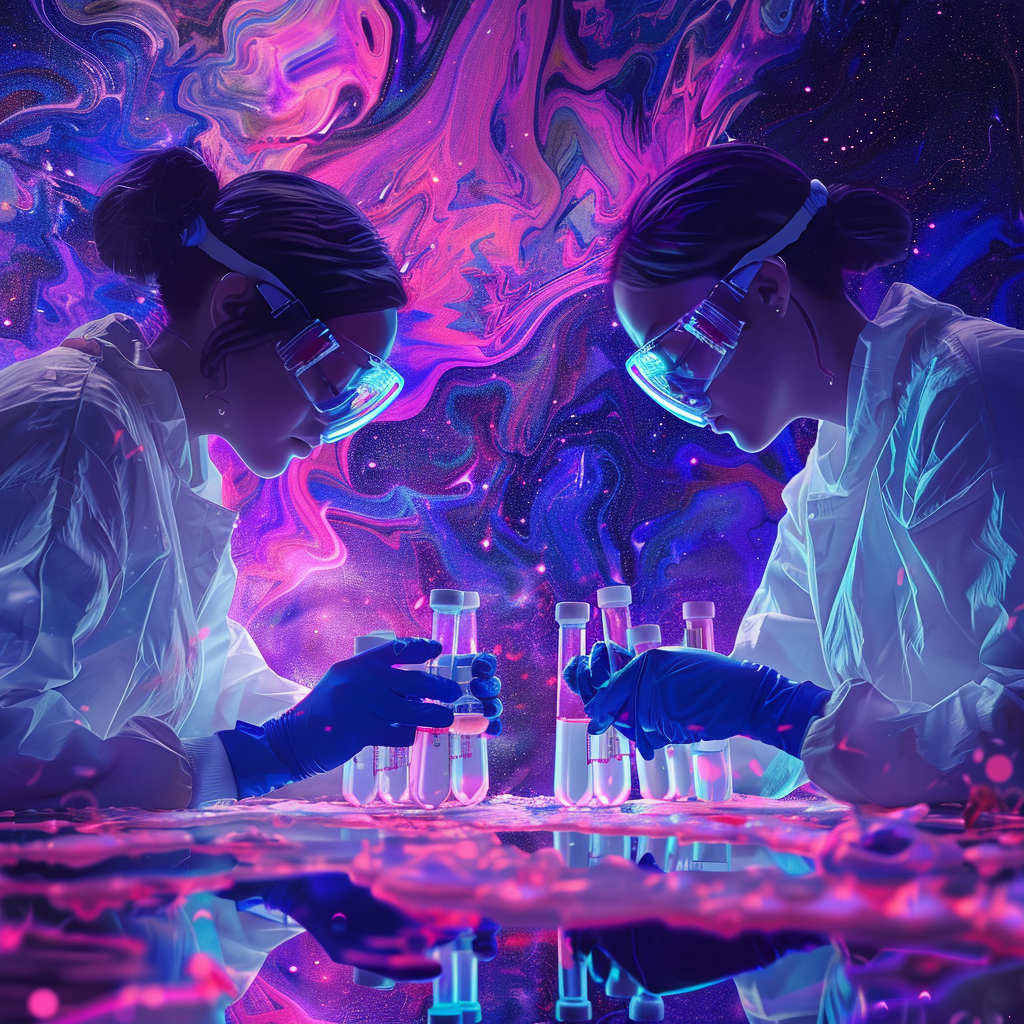Psychedelics Startups Are Running With Demand, Despite Many Hurdles to “Trip” Over
Positive clinical trial results and a surge of interest in popular culture are shifting the narrative on psychedelic therapy. While the use of psychedelics has been a traditional, sacred medicinal practice among indigenous cultures, using them has been considered counter-cultural in the U.S.
Psychedelic therapy clinical trials have shown that psilocybin, MDMA, LSD, and ketamine could reduce symptoms of various mental health disorders, such as depression, anxiety, eating disorders, PTSD, and even alcoholism. At the same time, psychedelics have surged in popularity due to their increasing coverage in documentaries like Fantastic Fungi (featuring acclaimed mycologist Paul Stamets ) and a myriad of celebrity endorsements from Prince Harry to Miley Cyrus.
Investments in psychedelics promise to convert these substances into medicines controlled by startups looking to profit from the potential demand for these therapies.
And signs point to the demand being huge.
Positive results from psychedelic studies have led to an influx of investment dollars from psychedelic-focused VCs to mainstream startup accelerators like Y Combinator and Founders Factory, turning the industry into a multibillion-dollar enterprise projected to reach over $10 billion by 2027.
Now, startups are racing to be the first to market with psychedelic treatments, patenting the actives in mushrooms, ayahuasca, and other substances.
But the race to commercialize psychedelics isn’t without its challenges.
Regulatory hurdles, cost concerns, and intellectual property and patenting provide significant barriers to the rise of psychedelics. Companies are searching for inventive ways to patent these compounds by reformulating them, creating analogs, or combining them.
Since psychedelics cause intense visual and psychoactive effects, the logistics of administering these drugs provide an extra layer of difficulty. The therapies seeking FDA approval have to be administered under supervision. And the sessions can last several hours. This means that patients will not only have to pay for the drug but also for the professional fees of supervisors, bringing the potential price per session to $5,000-$10,000.
The answer to cost concerns is FDA approval, which would empower insurance companies to cover the costs of psychedelic therapies. This would require psychedelic startups to invest in clinical trials, requiring millions of investment dollars. With the difficulties in patenting and acquiring the intellectual property of preexisting drugs, this could be a challenge.
Companies seeking patents argue that patents protect their investments in drug discovery and research and development. However, the race to patent psychedelics has drawn widespread criticism from scientists, indigenous communities, patient advocacy groups, and the media.
Beyond the intellectual property issues, psychedelic therapy is a very active area of research. We’re still learning about the mechanisms behind the effects of psychedelics due to the massive legal barriers to clinical research.
Researchers had begun studying psychedelics in the 1950s and 1960s, but in 1970, then-President Richard Nixon signed the Controlled Substances Act (CSA), which federally prohibits the use of psychedelics in the US. Since then, researchers must apply for and obtain approval from the Drug Enforcement Administration (DEA) to research psychedelics which are considered Schedule I drugs.
The fact that all of the previously mentioned drugs are still considered Schedule I substances (except ketamine, which sits under Schedule III) has served as a barrier to research. For psychedelic treatment to reach patients, rescheduling actions will have to take place once psychedelic-containing drugs obtain FDA approval.
As a result, the exact mechanisms that underlie the effects of psychedelics remain a mystery. We do know that the classic psychedelics - LSD, psilocybin, DMT, and mescaline - activate 5-HT2A receptors in the brain to alter the user’s state of consciousness. We know that MDMA increases the release of serotonin, a neurotransmitter that modulates your mood, with overlapping but distinct effects from classic psychedelics. We know that ketamine acts as an antagonist at NMDA receptors to inhibit the action of glutamate, an excitatory neurotransmitter.
But there’s still much to learn regarding the safety, efficacy, and biological and molecular mechanisms behind these drugs.
Take ketamine, for example. Ketamine therapy is becoming an increasingly popular and widely advertised alternative to traditional methods of treating psychiatric conditions like PTSD, depression, and bipolar disorder. Ketamine is hypothesized to increase connections between neurons that have been damaged by these conditions. However, scientists still aren’t sure how ketamine provides relief to patients. And budding ketamine clinics vary greatly due to a lack of ketamine industry regulations. Many ketamine clinics are repurposed pain management clinics that have simply changed their branding to treat depression.
During the pandemic, a lift on remote prescribing restrictions jumpstarted the launch of at-home ketamine therapy startups. The problem is that these clinics lack oversight - many of these companies don’t require medical or psychiatric records or consider diagnostic criteria that might make ketamine therapy dangerous for some. Furthermore, we don’t have enough clinical data to claim that the use of ketamine in a remote, uncontrolled way is safe.
Psychedelic drugs have been shown to provide significant clinical improvements and few adverse effects in preliminary findings. Yet despite the promise of these breakthrough drugs, psychedelic treatments are not without risks. However, with relatively low abuse potential, the use of psychedelics to treat disorders like PTSD, depression, anxiety disorder, and substance use disorders could be the key to unlocking a better quality of life for some patients. The key is more research and a mindful ethical approach that honors both the potential and the complex history of psychedelics.




